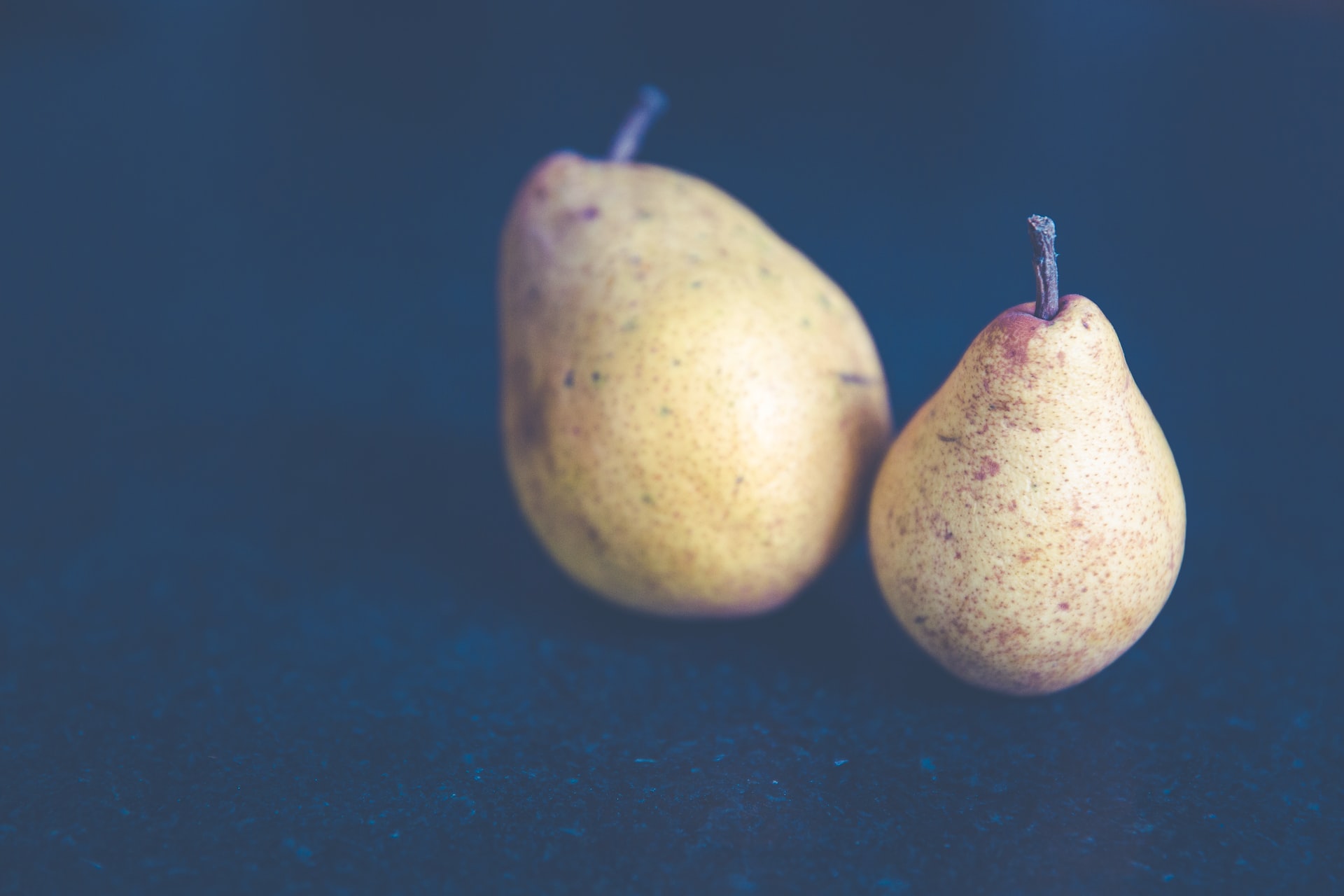Sometimes it takes a fresh set of eyes to help solve a big problem.
While an undergraduate molecular biology student at the University of Pennsylvania, Katherine Sizov stumbled on the multi-billion dollar problem of food waste and decided to help solve it. Sizov went on to develop a sensor that detects ethylene, a gas that fresh produce emits as it ripens. The technology allows companies to proactively predict when a fruit will ripen, avoiding potential waste.
Half of U.S. pear and apple packing houses now use Sizov’s technology and services to monitor half a billion pieces of fruit. Her company, Strella Biotechnology, recently won the first-place grand prize in the third-annual GS1 US Startup Lab Pitch Competition and Sizov was named to the Grist 50 2021, just two years after completing undergrad.
Sizov grew up with a scrappy, entrepreneurial spirit. As a child she would dumpster dive on the Harvard campus for biotech equipment along with her father. She also talked her way into a biotech internship at the age of sixteen at the National Institutes of Health just so she could start learning.
“Growing up I had a lot of room to make my own mistakes and explore. I think that, coupled with a get-your-hands-dirty approach, led to being comfortable with problem solving,” she shared. “I think sometimes looking at a problem such as food waste can be overwhelming, so it's easier to consider what you can actually accomplish in a smaller way and build up!”
While half procrastinating and half researching a future Ph. D., she stumbled upon statistics outlining the severity of food waste in the U.S. Fascinated by the issue, Sizov began working with a local grocery retailer who pointed her to the produce supply chain to better understand the full scope of the problem. As a result, she learned just how complicated the system of growing, packing, distributing, and selling produce is. Using her biotechnology skills, she honed in on the space of monitoring ethylene levels in fruit. To turn her idea into the company it is today, Katherine tapped into the University’s resources and bright minds, including help from the Wharton School of Business, entrepreneurship in engineering professors, and the biology department.
Before fruits and vegetables go bad, they begin to emit the ethylene gases that Strella sensors detect. These emissions contribute to an on-site internet-of-things network Strella uses to analyse the data and interpret shelf life for their clients.

The company works closely with apple and pear packers who typically manage 100 storage rooms with approximately 5 million pieces of fruit in each room — amounting to anywhere between $1 - 5 million worth of apples. For packers, insights into the maturity of their fruit can save millions. Strella estimates they have saved their customers $17M in reduced food waste to date.
In 2020, Strella raised $3.3 million in seed round funding through veteran investors like Yamaha Motor Ventures & Laboratory Silicon Valley. The attention marks a potential shift in how venture capital funding sees the ag and ag tech space, a traditionally hard sell.
“Everyone has opened their eyes to the fact that food waste is not only a huge problem but also a market and a potentially lucrative market. It has a double bottom line. If you reduce food waste you save people money —farmers, growers, packers, suppliers, retailers — and you're doing something good for the environment which a lot of people can get behind,” remarked Sizov.
On the horizon? Sizov is looking to bring Strella’s technology to the ten produce items identified by USDA that contribute to 30% of the food waste: apples, avocados, mangoes, pears, peaches, kiwi, cantaloupe, plums, bananas, and apricots, due to their sensitivity to temperature and humidity. Next up -- they are currently building out capabilities to use their sensors to monitor avocado ripeness during transit.
Photo of Katherine Sizov by Matthew Hamilton/MHamiltonVisuals
